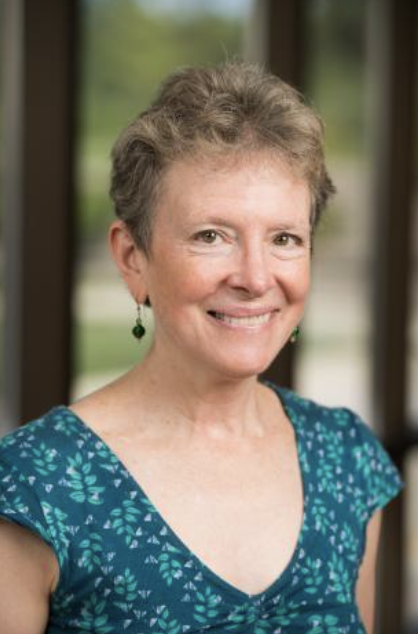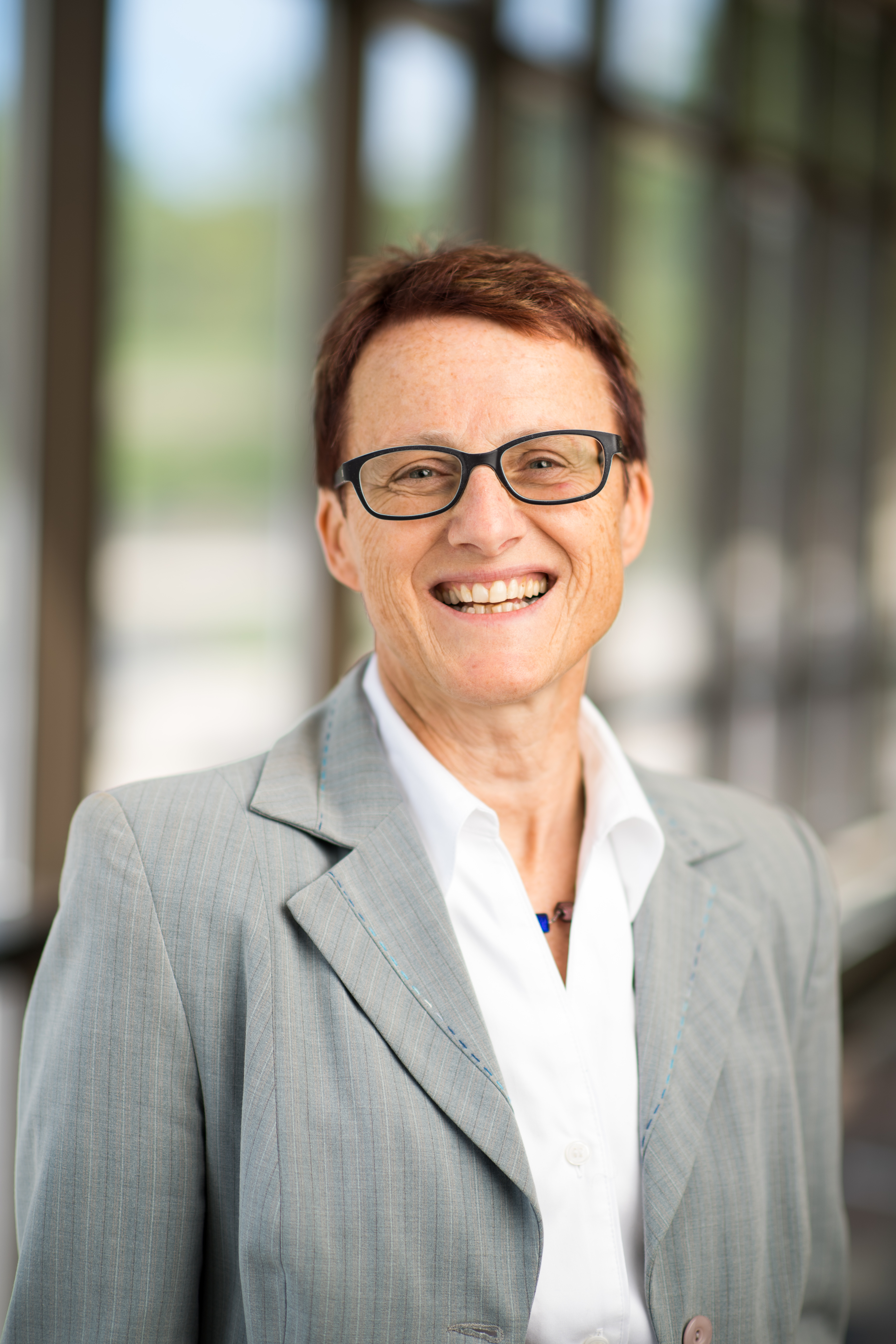Original article appeared on Second Wave Michigan.
This article is part of State of Health, a series about how Michigan communities are rising to address health challenges. It is made possible with funding from the Michigan Health Endowment Fund.
Across the country, more kids than ever are struggling with mental illness. 20% live with a diagnosable mental illness and 10% are experiencing a significant impairment. Over the past 10 years, twice as many teens and young adults have had major depressive episodes, and suicide is now the second leading cause of death for Americans aged 15-19. To make matters worse, more than 33% of Michigan's littles, adolescents, and young adults with mental health issues do not have access to care.
In 2012, Dr. Sheila Marcus and her colleagues at Michigan Medicine launched a program to address this mental health epidemic: Michigan Child Collaborative Care (MC3). MC3 helps primary care providers (PCPs) address their young patients' mental health by offering same-day phone consultations, scheduling telepsychiatry sessions with patients, connecting families to local mental health resources, and providing educational opportunities for PCPs to expand their expertise in diagnosis and treatment. In addition, MC3 has expanded its reach to women experiencing mental illness during pregnancy and postpartum.
In addition to drawing upon Michigan Medicine's psychiatry department, MC3 collaborates with the Michigan State University College of Human Medicine, which provides group case consultations and educational programming, and the Michigan Department of Health and Human Services (MDHHS). Since launching in 2012, MC3 has enrolled approximately 3,500 PCPs and provided about 18,000 consultations.
Marcus, a clinical professor at the University of Michigan (U-M) and section chief for child and adolescent psychiatry at Michigan Medicine, says MC3 aims to improve access to mental health care, as well as PCPs' "competence and confidence."
"I became aware of the increasingly dire straits of mental health care for children, young adults and women in the state of Michigan," Marcus says. " … MC3 was designed to leverage getting mental health expertise from big academic centers into the communities. The goal is to provide diagnostic clarification to clinicians who are really puzzled by what they're seeing in front of them and are not sure what to call it — and to improve evidence-based treatments, including advice about psycho-pharmaceutical medicines as well as psychotherapies."
For example, Marcus notes that pediatricians may misdiagnose children who have experienced trauma as having bipolar illness or ADHD. When those pediatricians consult with an MC3 psychiatrist, they are equipped to make better diagnoses.
"We're providing access to people who otherwise would not have access," Marcus says. "We're seeing high rates of trauma among the population that we serve, high rates of suicidality — patients who have been hospitalized and are coming out, or patients who have some degree of suicidality. When they went to the emergency room, they were not severe enough to be admitted. So they come back to the PCP office."
"I was bowled over."
One of those PCPs, Dr. Lia Gaggino, practiced as a pediatrician with Bronson Rambling Road Pediatrics - Oshtemo for 33 years. She joined the MC3 program when Marcus, whom she did not know at the time, recruited her via Facebook in 2012.
"At the time I trained, we basically learned how to manage ADHD, which I think pediatricians are really good at. I was always interested in mental health, so I took psychopharmacology courses, went to lots of conferences, did lots of reading, and worked with some other pediatricians that were really gifted," Gaggino says. "When Dr. Marcus described that MC3 could be a support, that I could talk to a child psychiatrist on the same day [of a patient's visit], I was bowled over. Even if she had said, 'We can get back with you in two weeks,' I would have been ecstatic because prior to MC3, I had to manage everything without a psychiatrist."
Gaggino's retirement from active practice launched her into her role with MC3, where she now consults with, educates, and recruits Michigan pediatricians, family practice doctors, and obstetricians into the program.
"Now more than ever, mental health is a significant concern for kids. Both the American Academy of Pediatrics and the American Academy of Child and Adolescent Psychiatry have declared a mental health crisis," Gaggino says. "Behavioral health concerns account for well over a third of patient visits. … For most pediatricians it is a daily occurrence."
Gaggino says those patient visits reveal that too many kids live with anxiety, depression, and suicidal ideation. Parents may bring kids in because they have chronic stomach aches, chronic headaches, or sleep disturbances. When physical causes are ruled out, their doctor can quickly consult with an MC3 psychiatrist and receive guidance the same day.
"We are finding that much of the time, PCPs are just unsure about what to call things," Marcus says. "Children who have trauma backgrounds are often being misdiagnosed with bipolar illness or ADHD. We're trying to rectify some of that."
A phone conversation with a child psychiatrist helps clarify the diagnosis and sets the child on the way with the correct medication and treatment plan. That plan might include a telepsychiatry visit with one of MC3's behavioral health consultants, referral to a local mental health resource, or simply continued follow-up with the PCP. MC3 also consults with over 75 school-based health centers and provides educational programming to PCPs as well as schools.
"The MC3 behavioral health consultants are all regionally dispersed and are very knowledgeable about which resources exist in the home community," Marcus says.
Mental health help for the youngest among us
With funding from the MDHHS Healthy Moms, Healthy Babies initiative, MC3 has expanded its reach to Michigan's perinatal providers, who serve new moms in the weeks immediately before and after birth. Dr. Maria Muzik, who leads the U-M psychiatry department's Zero to Thrive women and infant mental health programs, shared her insights in a September 2019 State of Health series story on new moms and mood disorders.
"These are natural points where moms are being seen by the medical professionals," Muzik said. "We know this is a time when women are vulnerable for mental health issues and that preexisting conditions are exacerbated by the hormonal changes, sleep deprivation, and birth trauma."
Through MC3, pregnant women identified as at risk for mental health issues receive brief interventions and same-day access to virtual counseling and care coordination through remote behavioral health consultants. In some cases, MC3 sets up telepsychiatry consultations with psychiatrists who focus on the perinatal period. When mothers have access to mental health services, infants and children are better poised to experience better mental health in the future as well.
Through COVID and beyond
COVID-19 has hit Michiganders' mental health especially hard, especially in families who have lost jobs or found themselves food-insecure. And, for both rural and urban residents, the long-term mental health outlook is not bright. Delivering virtual care for years before the pandemic struck, MC3 has been a shining example of how mental health care can be expanded to meet this increasing need.
"There is no question that there is 'a surge after the surge' during COVID," Marcus says. "There are increased rates of suicidality, especially among teens. There are increased rates of trauma. If you think about families who are quarantined together with their aggressor, that's a huge issue. There are issues with children with special needs, like autism and developmental disorders, who have had their primary treatments interrupted."
Because of MC3, Michigan communities lacking mental health services or a practicing psychiatrist have an alternative. Organizers hope that as this model of care becomes more broadly recognized, health care systems and payers will step up with funding to expand it – and reduce reliance on grant dollars.
Gaggino says MC3 made her a better clinician and "totally changed" her prescribing habits.
"You do the best you can, but you can do better when you have help," she says. "MC3 is really brilliant in being able to amplify that support."
A freelance writer and editor, Estelle Slootmaker is happiest writing about social justice, wellness, and the arts. She is development news editor for Rapid Growth Media and chairs The Tree Amigos, City of Wyoming Tree Commission. Her finest accomplishment is her five amazing adult children. You can contact Estelle at [email protected] or www.constellations.biz.






